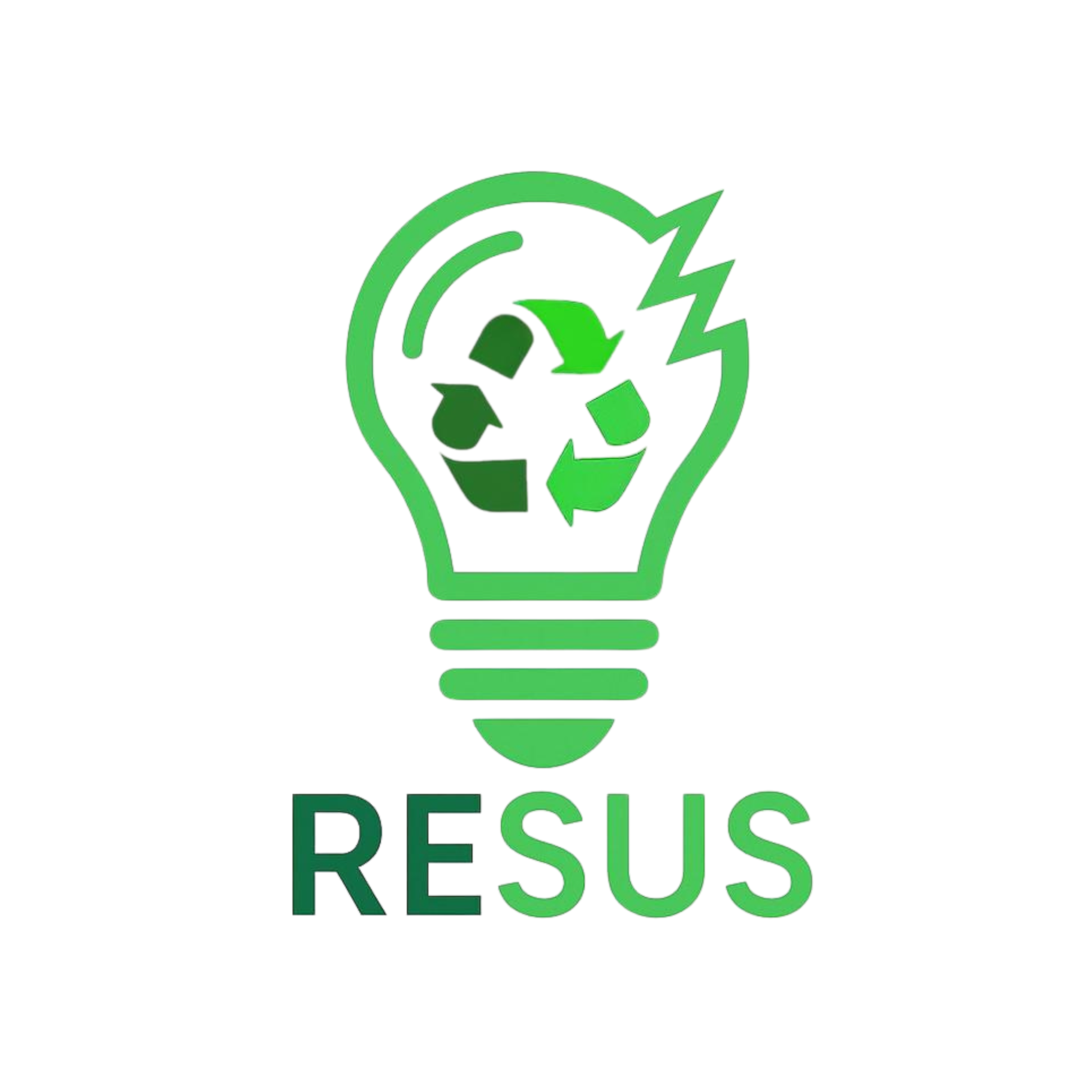Sustainability is often discussed in technical terms — emissions, carbon footprints, and recycling rates. But at its core, it’s about people. At RESUS, we believe the most powerful part of the circular economy isn’t the system itself — it’s the humans who make it work.
Behind every ton of waste, there’s a community affected by it: families living near dumpsites, informal workers collecting recyclables, children growing up with limited access to clean environments. That’s why our approach to sustainability starts with inclusion. We don’t just manage waste; we empower people to take part in the solution.

Our programs are designed to build both awareness and opportunity. We train workers in modern waste recovery and recycling techniques, turning informal collectors into skilled green professionals. We collaborate with businesses to introduce circular supply chains that create local jobs while reducing environmental footprints. And we work with schools and communities to promote responsible waste habits — because real change begins with education.
Sustainability without social impact is incomplete. Each initiative we launch aims to make environmental progress profitable and personal. When communities see the economic benefit of recycling or energy recovery, they become active participants in protecting their surroundings.
Through partnerships with governments, industries, and NGOs, RESUS helps design policies that prioritize people as much as the planet. This human-first model ensures that sustainability becomes not just a mandate, but a movement — one that uplifts, empowers, and endures.
Because when we invest in people, we don’t just clean cities; we build futures.
→ Sustainability works best when everyone has a role to play. At RESUS, we’re making sure no one is left out of the circle.
